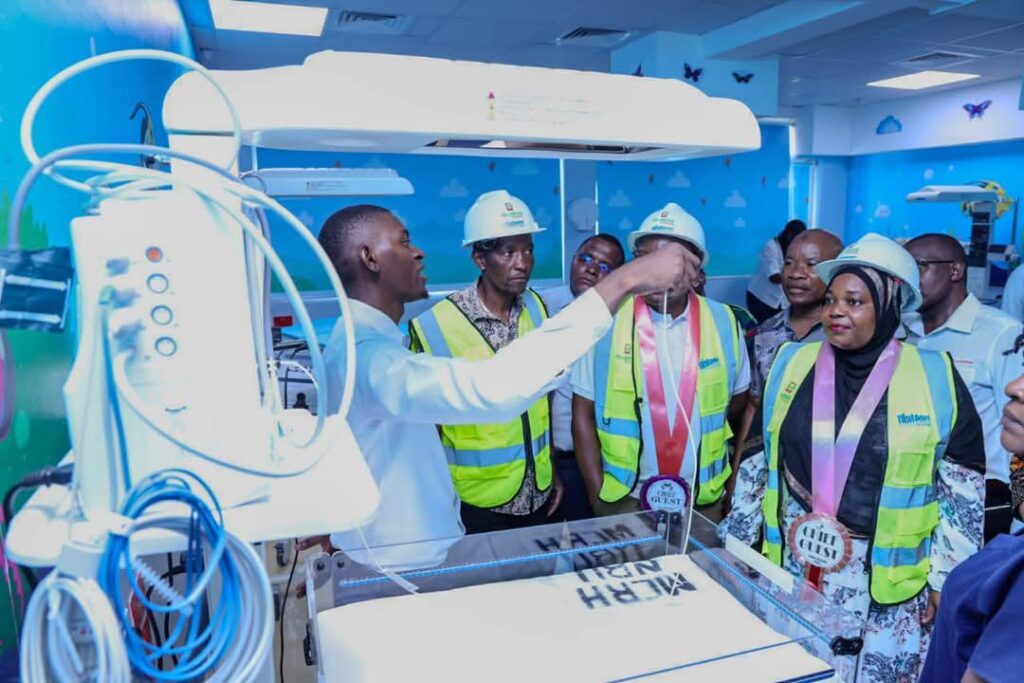By GPS
Kwale County has achieved a significant milestone in healthcare with the commissioning of a state-of-the-art New Born Unit at the Msambweni County Referral Hospital.
The unit, officially launched by Governor Fatuma Achani, was expanded and equipped through a collaboration between the M-Pesa Foundation and the Kwale county government.
The facility is designed to offer specialized medical care to newborns delivered prematurely or requiring advanced medical attention. It features a comprehensive setup to cater to different neonatal needs, including:
– An 8-bed New Born ICU
– A 6-bed Neonatal HDU
– An 8-bed Preterm Room
– An 8-bed Term Room
– An 11-bed Kangaroo Room for mother-infant bonding care
– A 13-bed Postnatal Room for recovery and continued care.
Speaking during the commissioning of the facility, Governor Achani highlighted the importance of the new unit in addressing healthcare challenges faced by newborns in the county.
“This facility will ensure that our newborns, especially those requiring close observation and care, receive specialized medical attention. It is a game-changer for maternal and child health in Kwale,” she said.
The Governor also expressed gratitude to the M-Pesa Foundation for its unwavering support and urged residents of Kwale to enroll in the Social Health Fund to access affordable healthcare services.
M-Pesa Foundation Chair Joseph Ogutu, who was also present, commended the Kwale county government for its dedicated cooperation, and commitment to improving healthcare services in the region.
“Our partnership with Kwale county has been instrumental in implementing several transformative projects. This New Born Unit is a testament to what collaboration can achieve,” he stated.
The newly commissioned unit is expected to significantly reduce neonatal mortality rates in Kwale and improve outcomes for mothers and their babies.
Kwale residents can now access advanced neonatal care closer to home, further strengthening the county’s healthcare system.
This initiative marks another step toward achieving universal health coverage and demonstrates the power of public-private partnerships in transforming communities.


